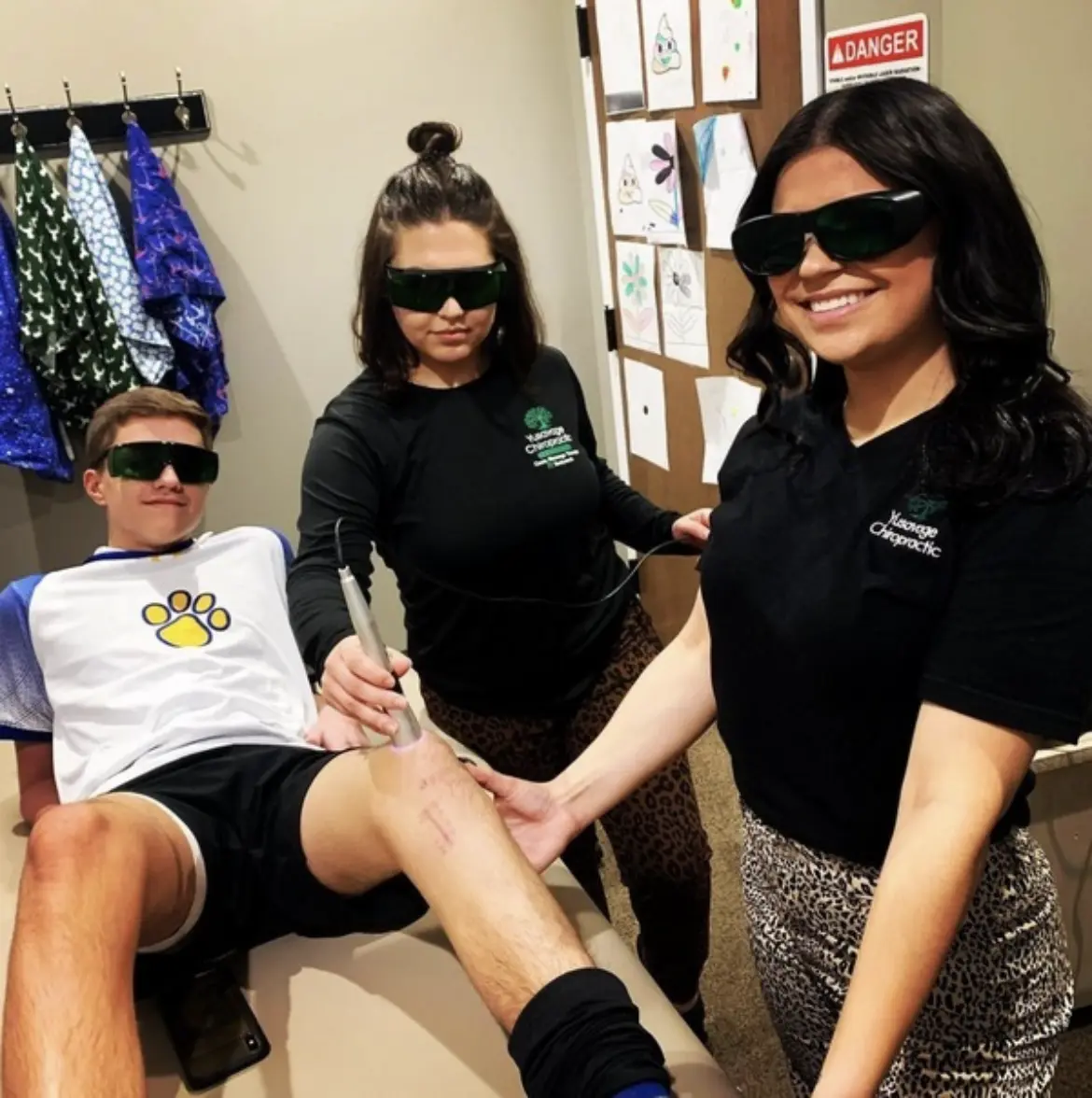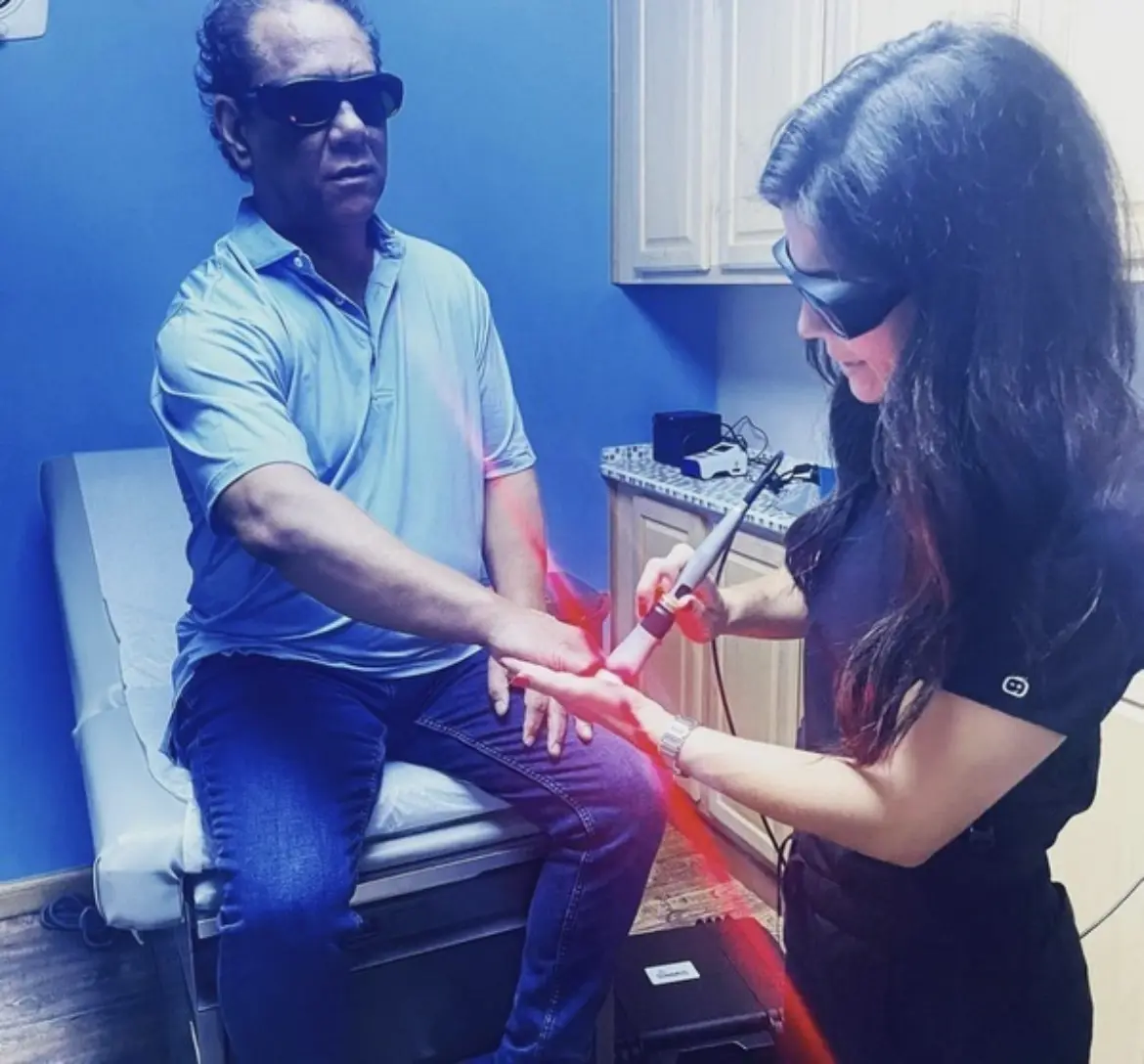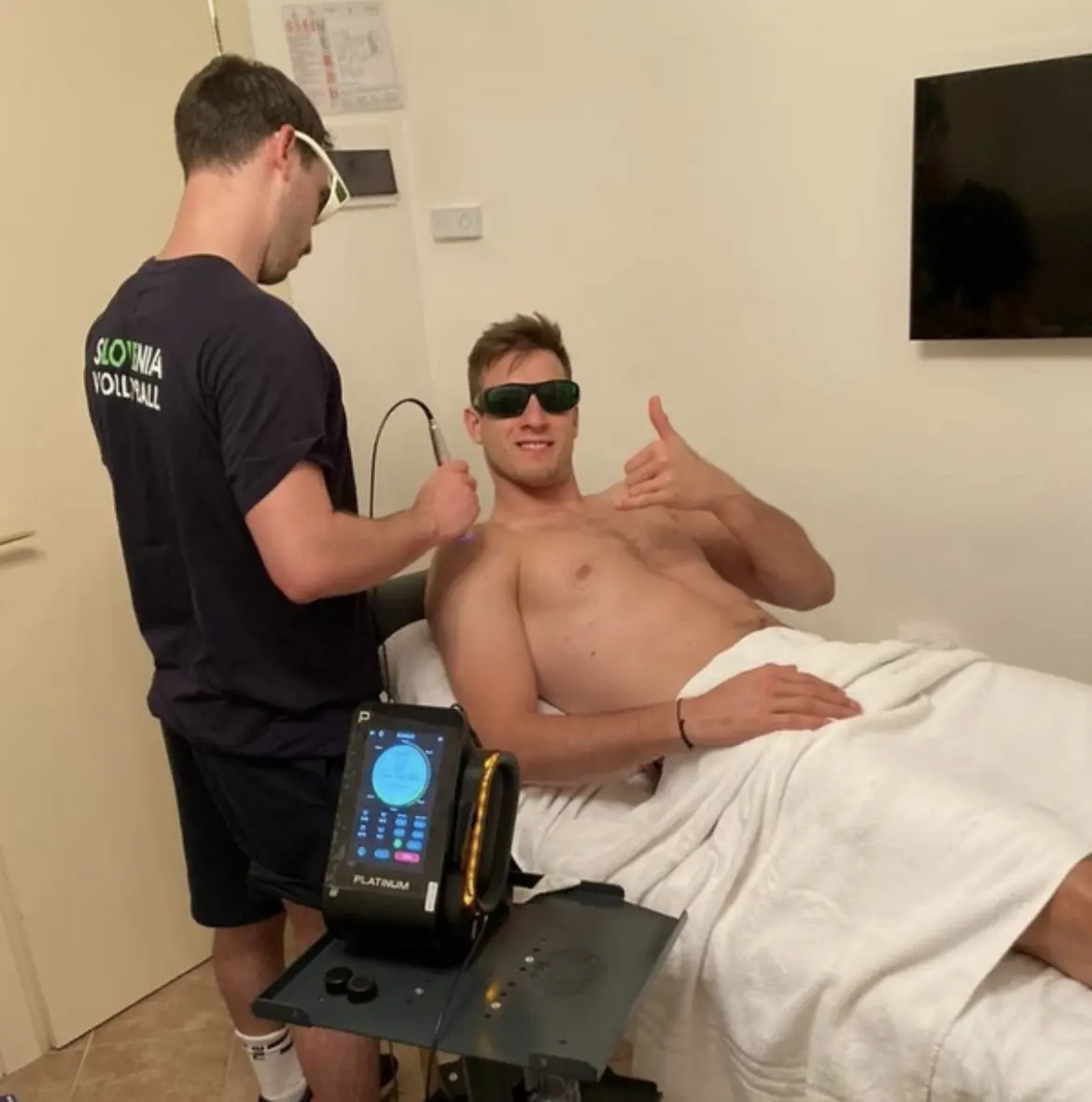This website uses cookies so that we can provide you with the best user experience possible. Cookie information is stored in your browser and performs functions such as recognising you when you return to our website and helping our team to understand which sections of the website you find most interesting and useful.
Privacy Overview











![Exciting news! We’re thrilled to announce that we will be partnering with RegenMed, unlocking new possibilities to innovate and improve patient outcomes. Read more [LINK IN OUR BIO]
#SummusLaser #TheSummusStandard #PressRelease #LaserTherapy #Neuropathy #HolisticHealing #DrugFreeHealing #PainFreeLiving #HealthyLiving #Chiropractics #PhysicalTherapy #Veterinary #Dental #PainManagement #PainWellness #PainManagement #InnovationinHealth #photobiomodulation](https://summuslaser.com/wp-content/plugins/instagram-feed/img/placeholder.png)


